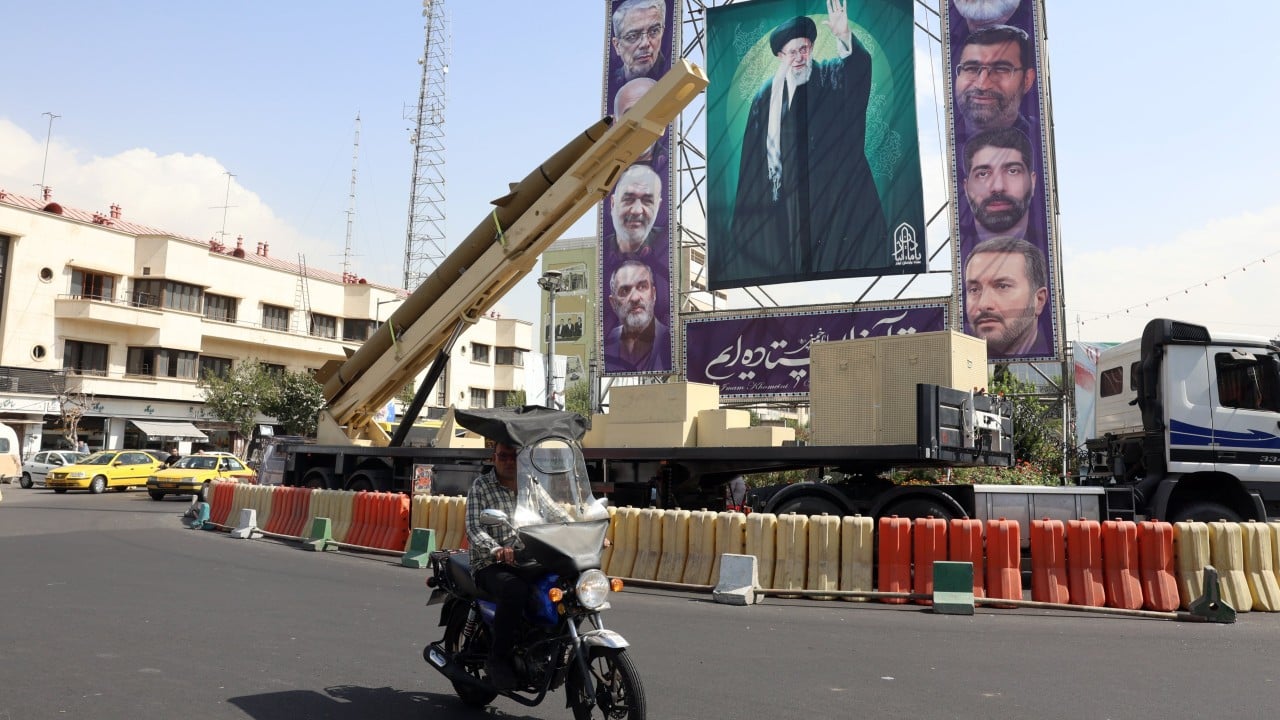Published: 9:30am, 28 Sep 2025Updated: 9:43am, 28 Sep 2025
Iran’s clerical rulers face one of their gravest crises since the 1979 Islamic Revolution, caught between growing discontent at home and a stalled nuclear deal that together have left the country more isolated and divided.
Advertisement
The United Nations reimposed sanctions on Iran on Saturday after last-ditch talks between Tehran and European powers Britain, France and Germany failed to resolve the latest of decades of stand-offs over Iran’s nuclear programme.
Without a breakthrough in talks with the West, four Iranian officials and two insiders predicted Iran’s economic isolation would further intensify, stoking public fury.
Yet accepting the West’s demands risks fracturing the ruling elite and sidelining the Islamic republic’s revolutionary beliefs in “not succumbing to Western pressure” that define Tehran’s unbowed stance, they said.
“The clerical establishment is trapped between a rock and a hard place. The existence of the Islamic republic is in peril,” one official said, adding that “our people cannot handle more economic pressure or another war”.
Advertisement
Adding to these strains are mounting concerns in Tehran over potential renewed Israeli strikes on Iranian nuclear sites if nuclear diplomacy with the West fails, a second official said.

